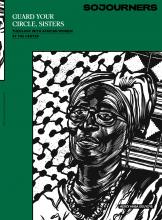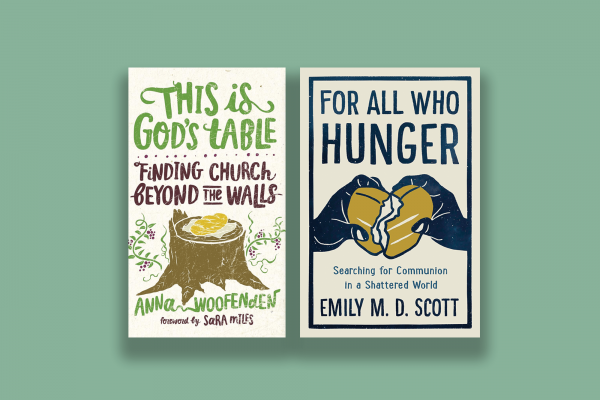LONG BEFORE the coronavirus inspired congregations to gather outside of a sanctuary, Emily M.D. Scott and Anna Woofenden birthed congregations (St. Lydia’s Dinner Church in Brooklyn, N.Y., and the Garden Church in San Pedro, Calif., respectively) that shed pageantry and focused on the basics: bread, cup, and looking-a-person-deep-in-the-eye connection.
Around a dinner table and in an urban garden, these two scrappy congregations grew through environmental disasters (Hurricane Sandy and a multiyear California drought), confrontations with external and internal classism and racism, and the joys and griefs of bringing a new vision of ekklesia into the world.
It is rare to see the tangled roots of a church plant. Yet, both authors share insecurities about failed worship services, unstable budgets, and the long loneliness that comes with church leadership. The vivid character development, precise detail, and theological depth of both narratives make the reader feel at home in the possibility of worship beyond pew-lined sanctuaries.
Read the Full Article

